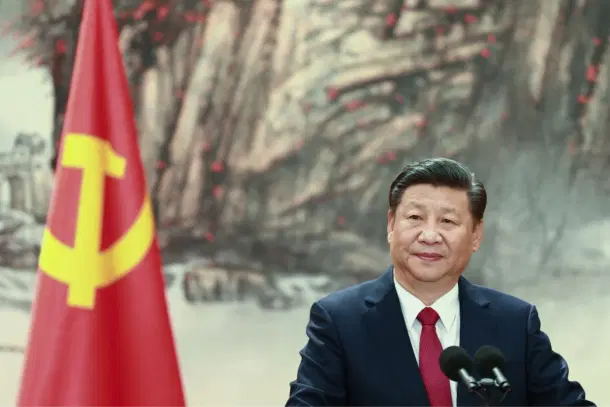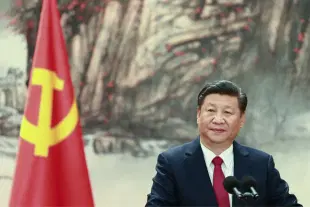News Brief
Setback For Xi Jinping's Growth Efforts: China's Factory Activity Contracts For Third Consecutive Month In July
Kuldeep Negi
Jul 31, 2024, 10:56 AM | Updated 10:59 AM IST
Save & read from anywhere!
Bookmark stories for easy access on any device or the Swarajya app.


China’s factory activity shrank for the third consecutive month in July, indicating a continuing economic slowdown that is hindering Beijing's efforts to achieve faster growth.
The National Bureau of Statistics said on Wednesday that the official manufacturing purchasing managers’ index (PMI) fell to 49.4 in July from 49.5 in June.
Bloomberg’s survey of economists had a median forecast of 49.4.
The PMI has stayed below the 50-point threshold, which separates growth from contraction, for all but three months since April 2023.
China’s economy, the second largest in the world, expanded more slowly than expected in the second quarter.
The consumer sector was notably weak, with retail sales growth dropping to an 18-month low due to deflationary pressures that forced businesses to reduce prices on items ranging from cars to food and clothing.
Last week, China’s state planner announced the allocation of half of the 300 billion yuan ($41.40 billion) in ultra-long treasury bonds to support a consumer trade-in programme.
However, this amount, equivalent to only 0.12 per cent of economic output and 0.3 per cent of 2023’s retail sales, is being viewed as insufficient to significantly boost economic recovery, Reuters reported.
Strong Chinese exports have recently supported factory managers and aided progress toward the government’s growth target of around 5 per cent.
However, with an increasing number of trade partners considering import tariffs, it remains uncertain if this support will continue.
In June, outbound shipments increased at their fastest rate in 15 months, while imports unexpectedly decreased, indicating weak domestic demand. Manufacturers also reportedly seems to be frontloading orders to avoid potential tariffs from trade partners.
The decline in domestic consumption is closely linked to falling property values, which have left families feeling poorer, as 70 per cent of household wealth is invested in real estate. In June, new home prices fell at their fastest rate in nine years.
Analysts expect that the government will introduce another round of property-support policy measures following a Politburo meeting, the top decision-making body of the ruling Communist Party, expected to take place this week.
Kuldeep is Senior Editor (Newsroom) at Swarajya. He tweets at @kaydnegi.





